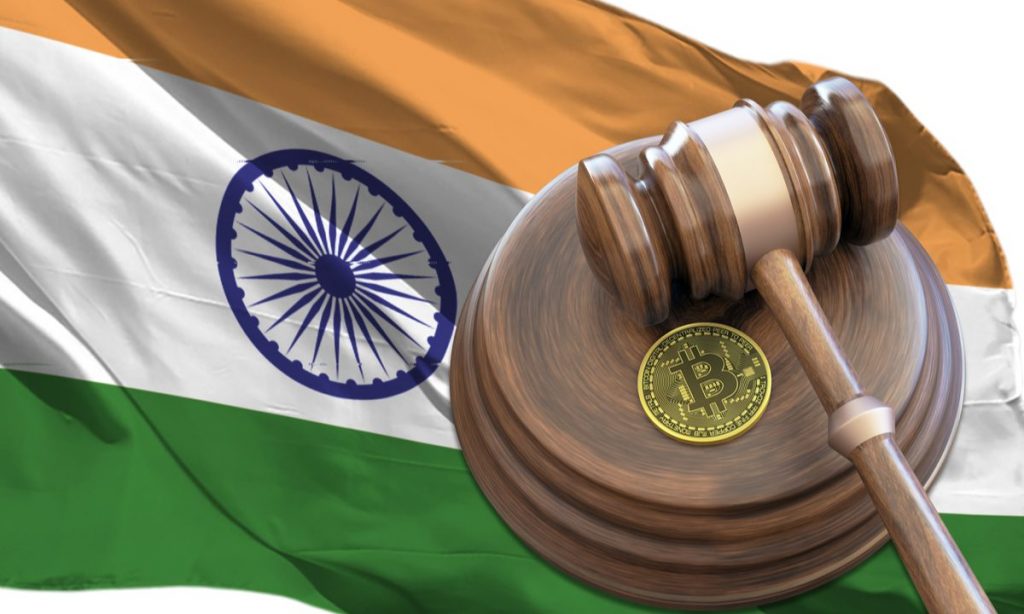India’s High Tax on Crypto Will Kill the Industry – Says Binance CEO

The post India’s High Tax on Crypto Will Kill the Industry – Says Binance CEO appeared first on Coinpedia Fintech News
Binance CEO Zhao Changpeng, during the Global fintech panel in Singapore, said that the high tax rates on crypto would kill the industry in India. These sentiments come after the government of India introduced a tax plan that has adversely affected the crypto industry in the country tremendously.
Notably, a 30 percent tax rate on crypto transactions was announced by India’s Finance minister Sitharaman Nirmala during the 2022 budget hearing. In addition, the government of India gave a directive of an extra 1% tax deduction on all crypto transactions.
Reportedly, one of the largest crypto exchanges in India WazirX reported a decline of around 70% in daily transactions after the government imposed heavy taxation. As of October 2022, the average transaction had dropped to $1 million. It is a 90% decrease from the previous times before the tax decree. Zebpay, another popular exchange in India, reported a decline from $122 million in October 2021 to $1.26 million currently, according to nomicsdata.
Zebpay’s CEO Avinash Shekhar said the government should deduct the imposed tax rates and the 1% transaction tax. He said this after expanding the crypto business to Singapore and Dubai.
He noted that India’s high crypto tax rates had affected the brokers, including WazirX, which laid off nearly 45% of its staff. According to Shekhar, Zebpay has also been affected by these laws and has executed salary cuts of up to 6%.
India on Crypto Regulations
India has attracted key layer 1 blockchains like Ethererum and Binance seeking the large market share. Moreover, India is one of the most populated countries with over 1 billion during the latest census. Nonetheless, the country’s regulators have been keen to regulate the crypto industry to protect investors from exploitation.
In 2013, four years after Bitcoin’s launch, India saw the opening of its first cryptocurrency exchange. The Reserve Bank of India passed a law banning cryptocurrency, claiming that virtual currency was not legal tender. Without resolving, the topic was discussed by the government for four years. In 2017, the Ministry of Finance and the RBI established a committee overseeing cryptocurrency.
The RBI imposed a ban in 2019 due to the expansion of the crypto businesses in the country. Later, the RBI’s order that prohibited cryptocurrency exchange in India was declared illegal by the country’s Supreme Court in 2020, which resulted in the retraction of the restriction.
The Indian government announced it would launch a digital currency in January 2021. Furthermore, the government declared in November that it would regulate cryptocurrency rather than ban it.